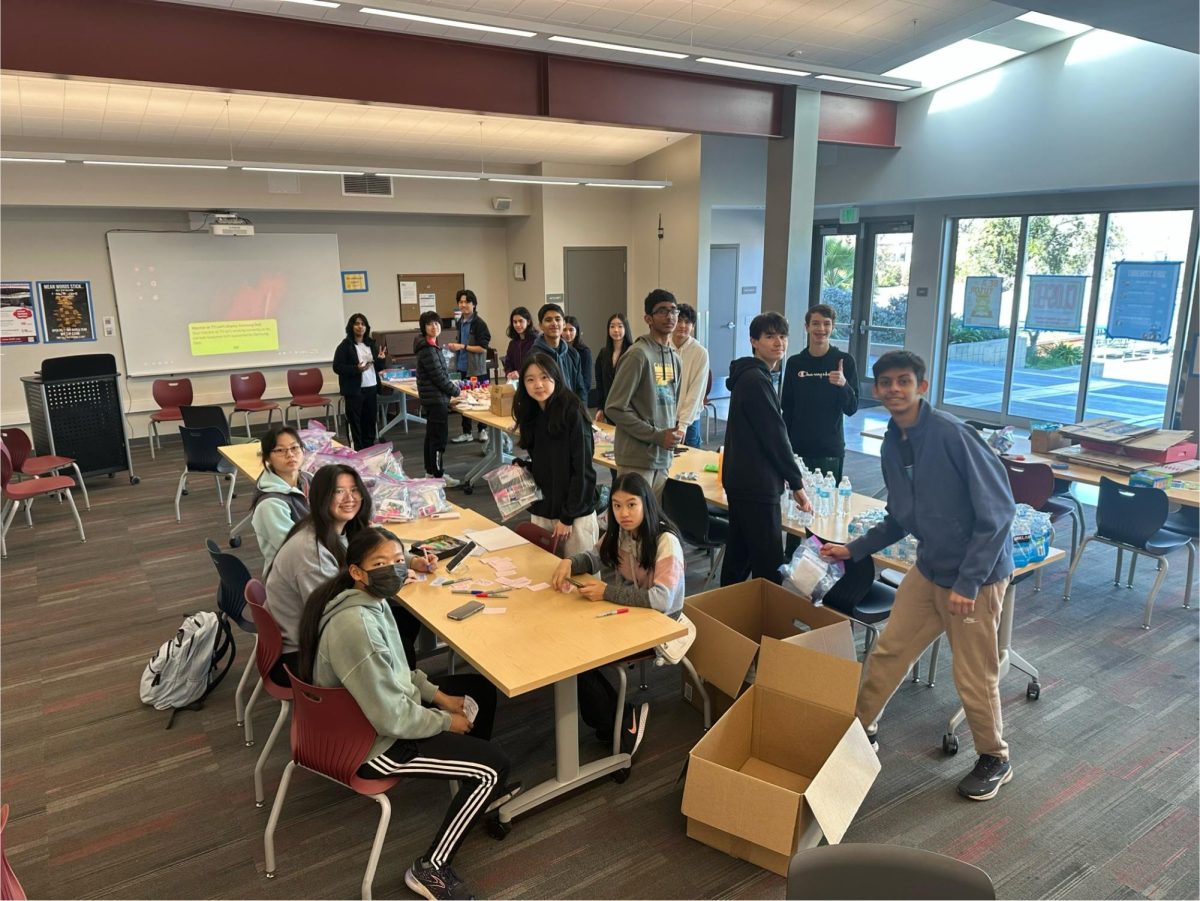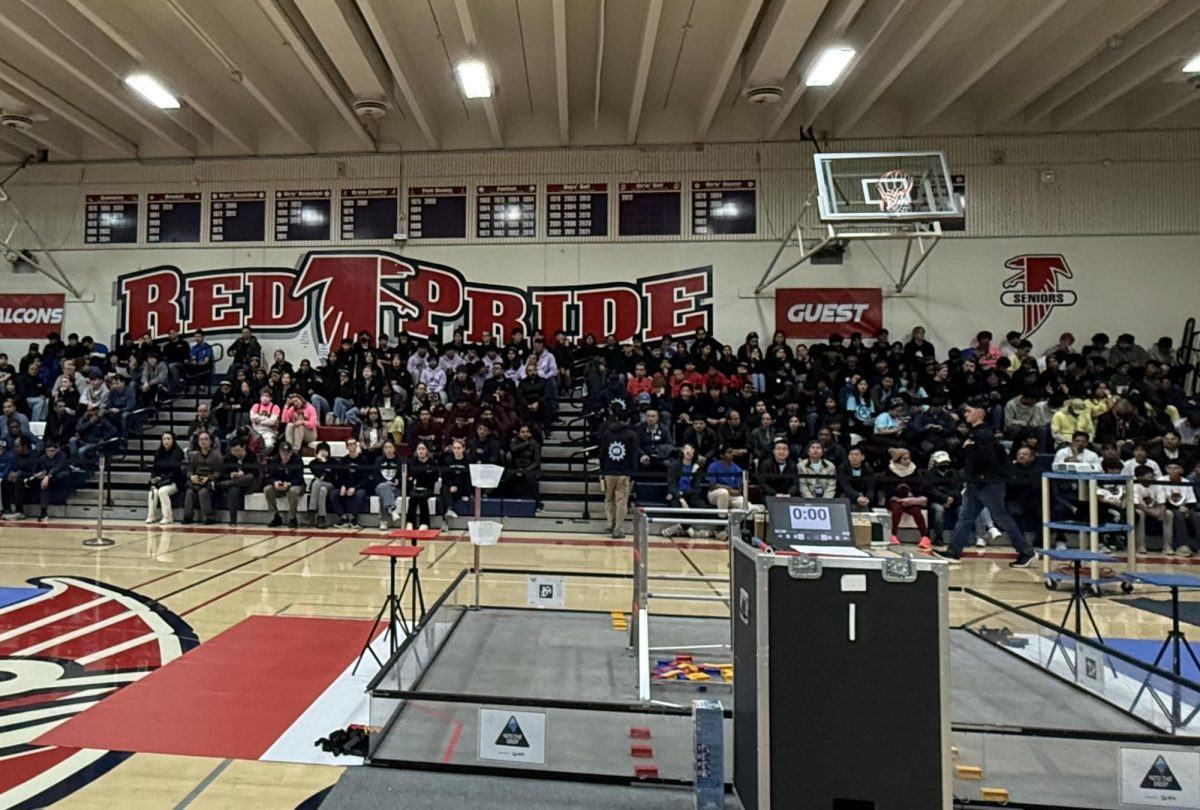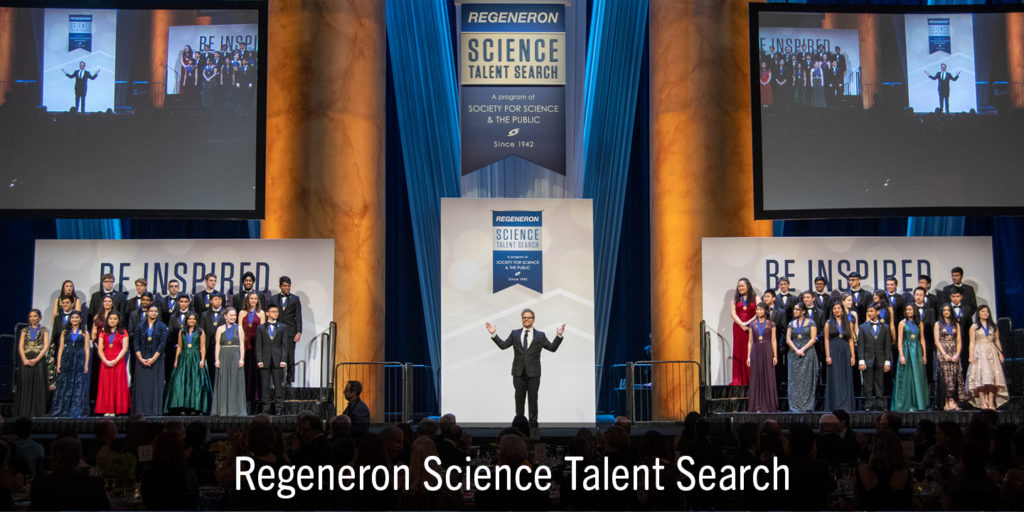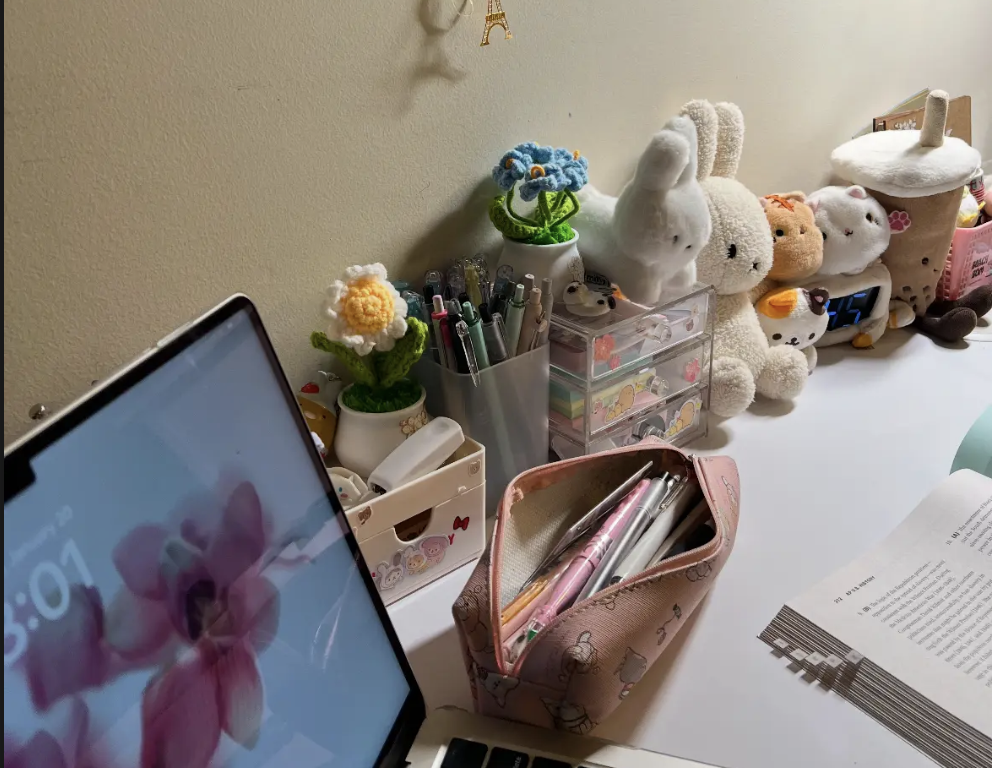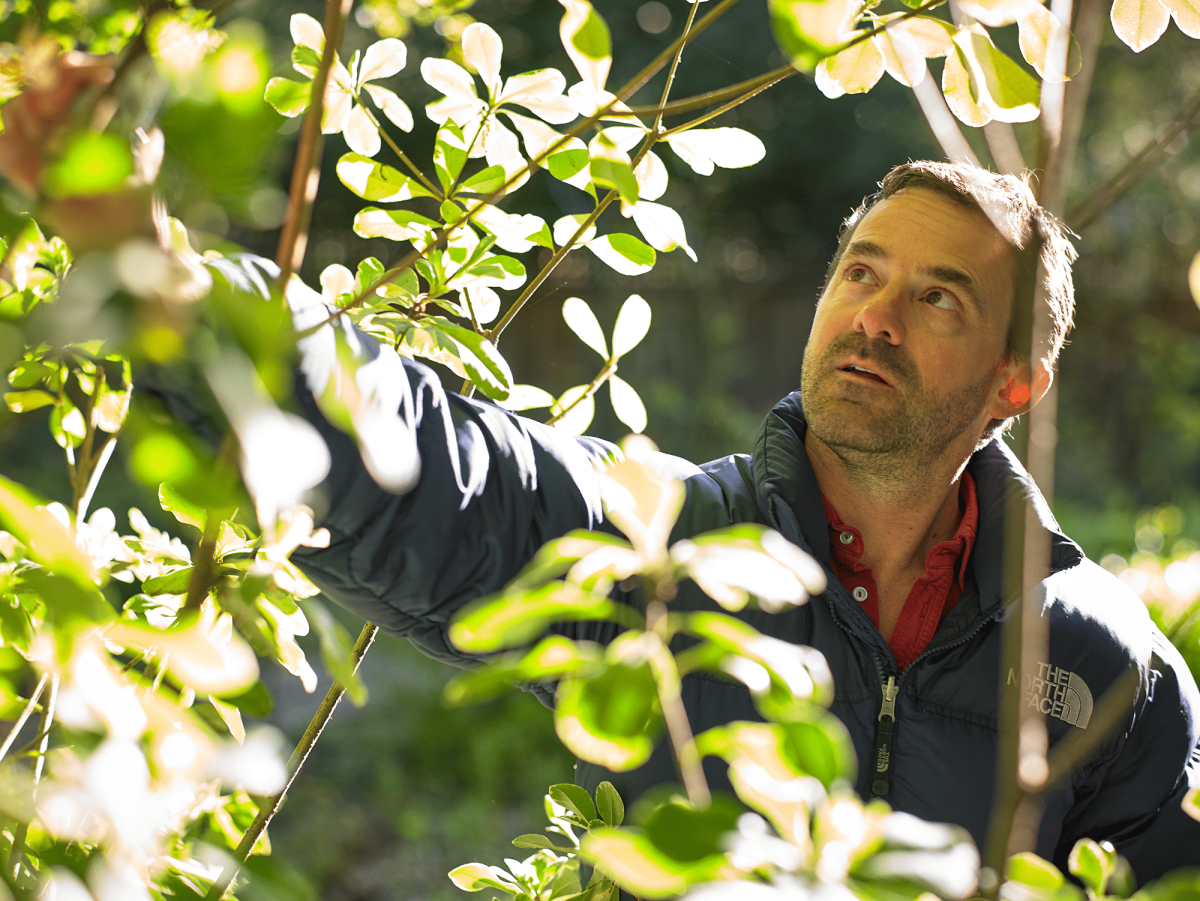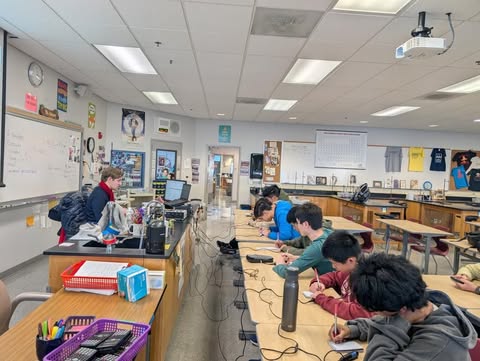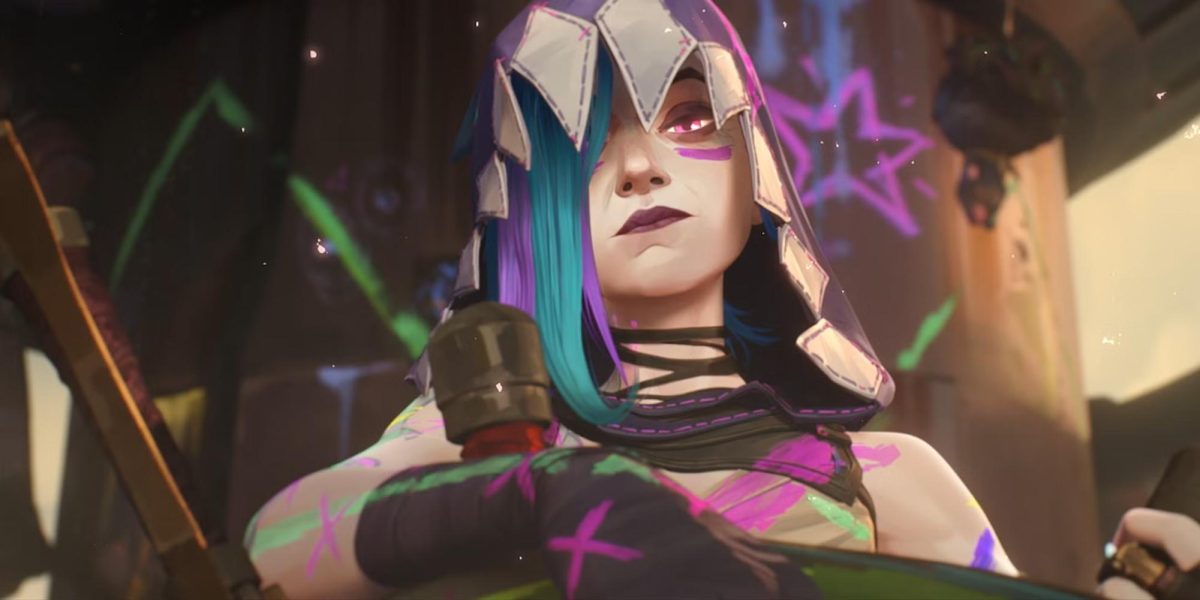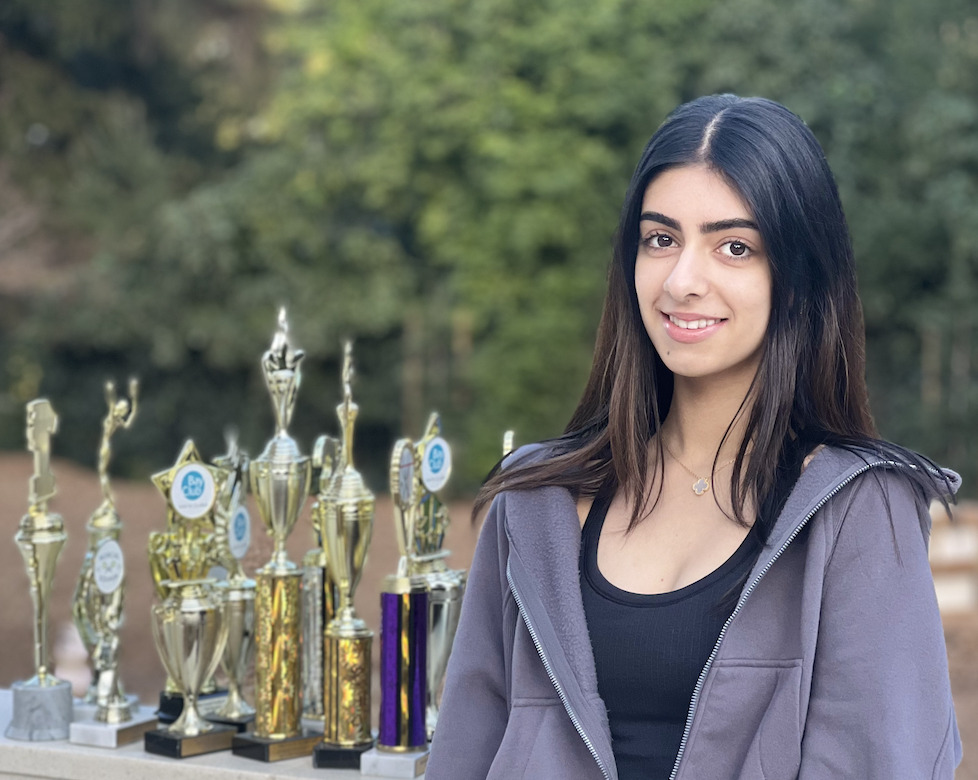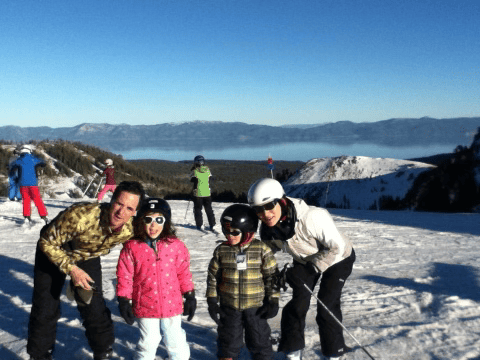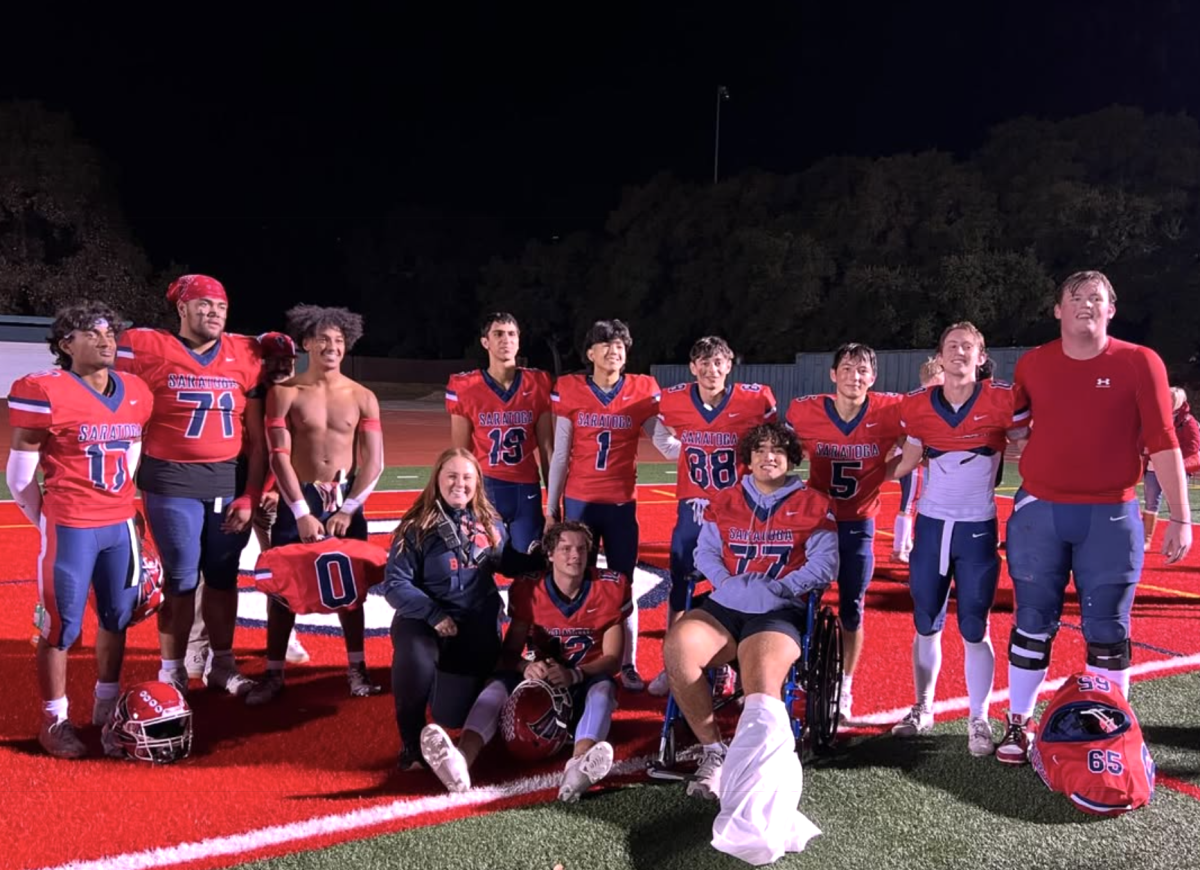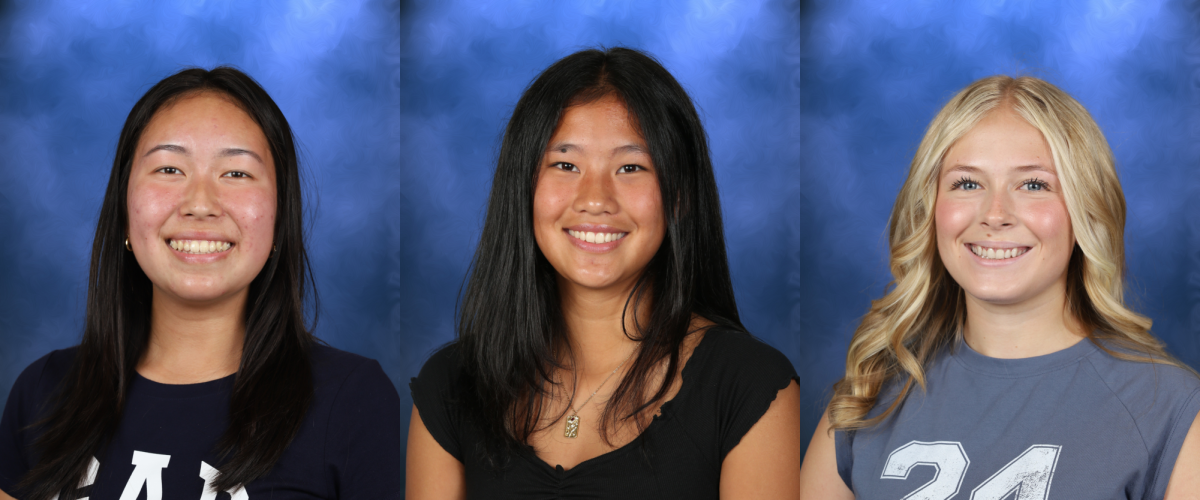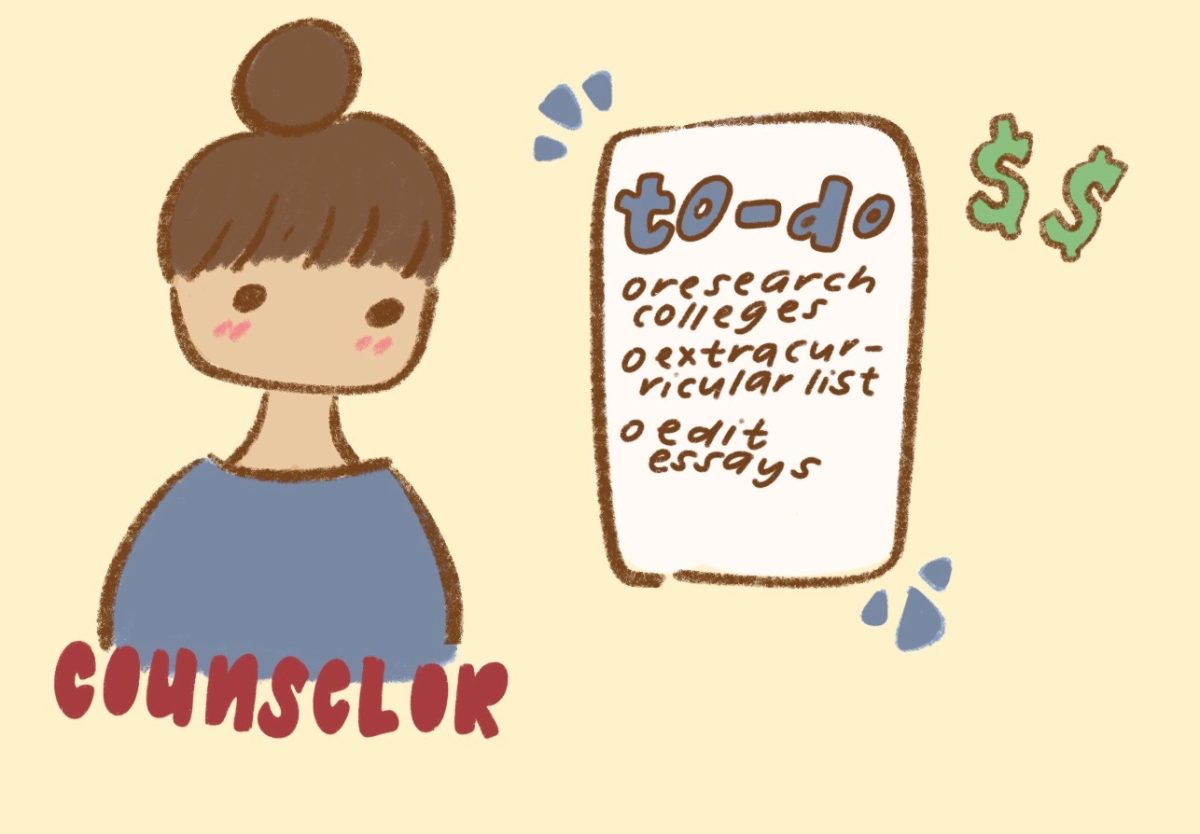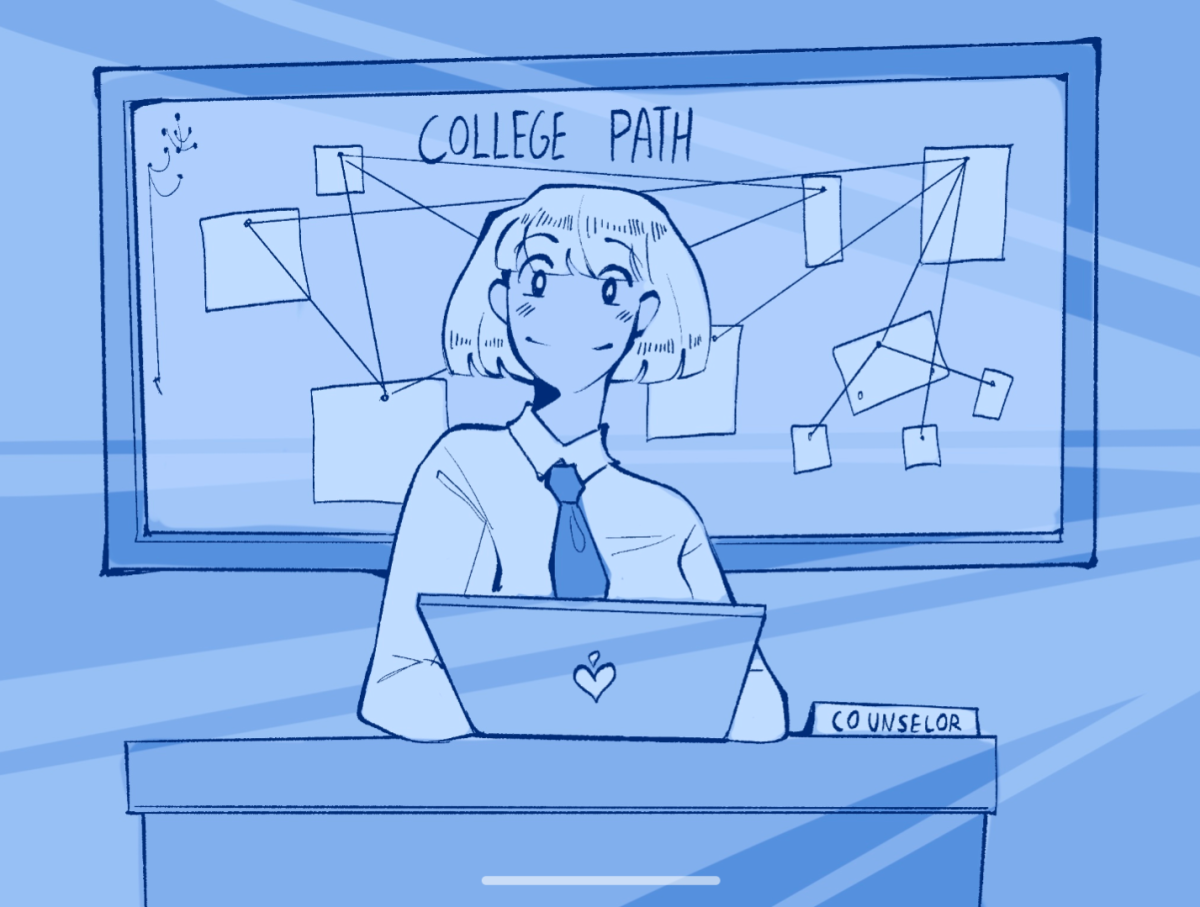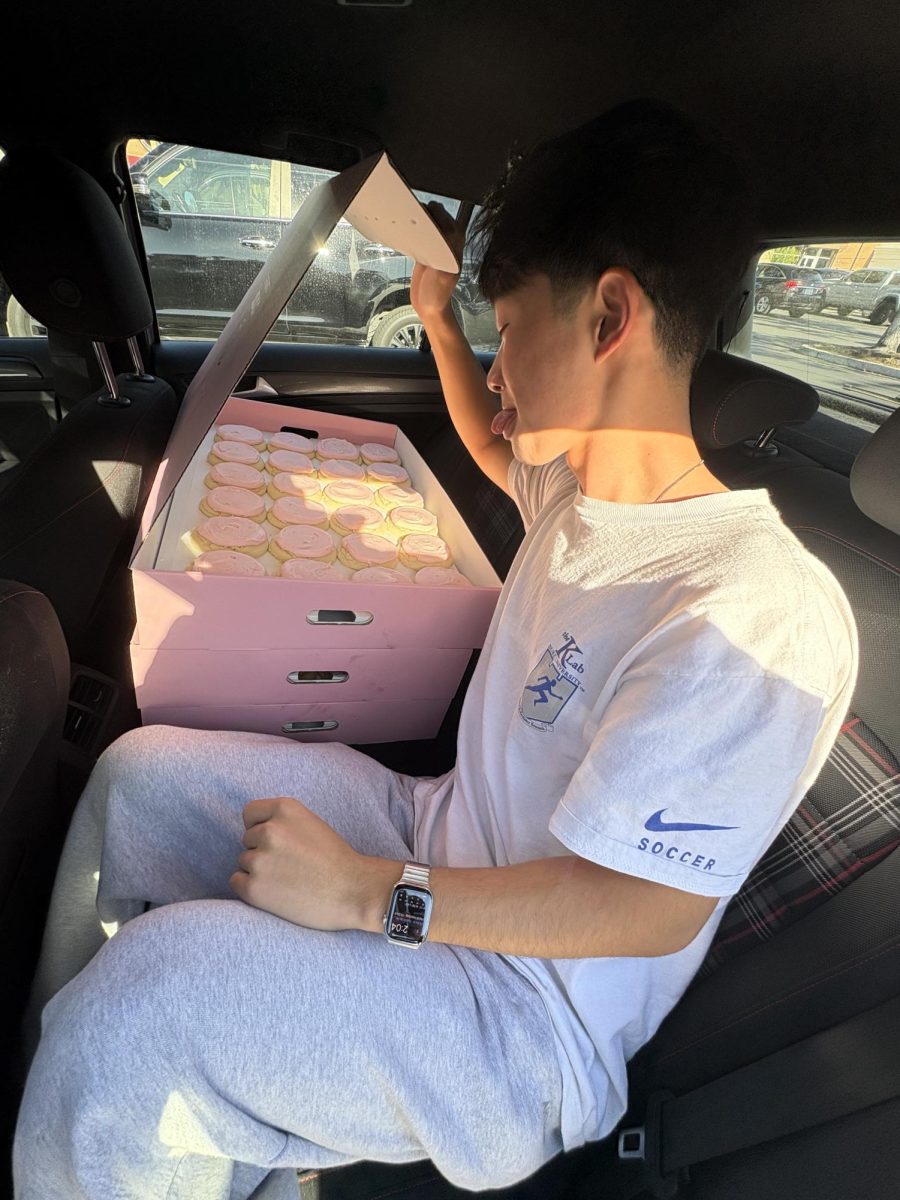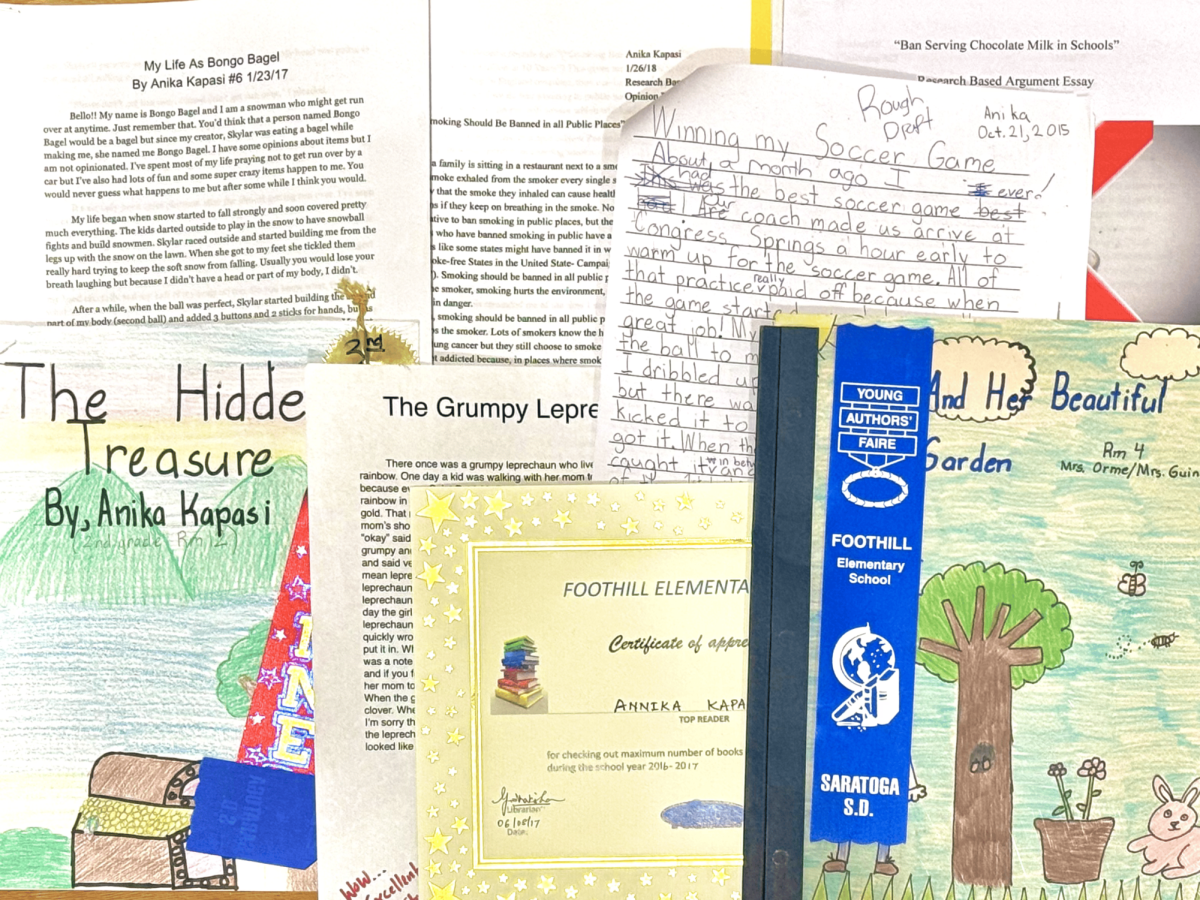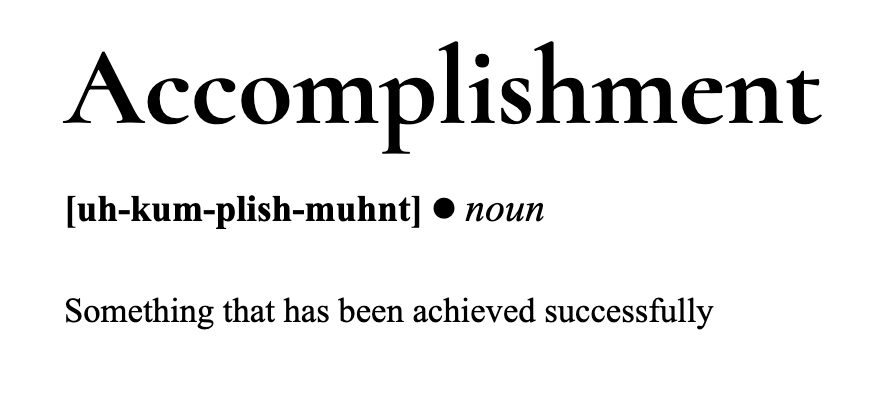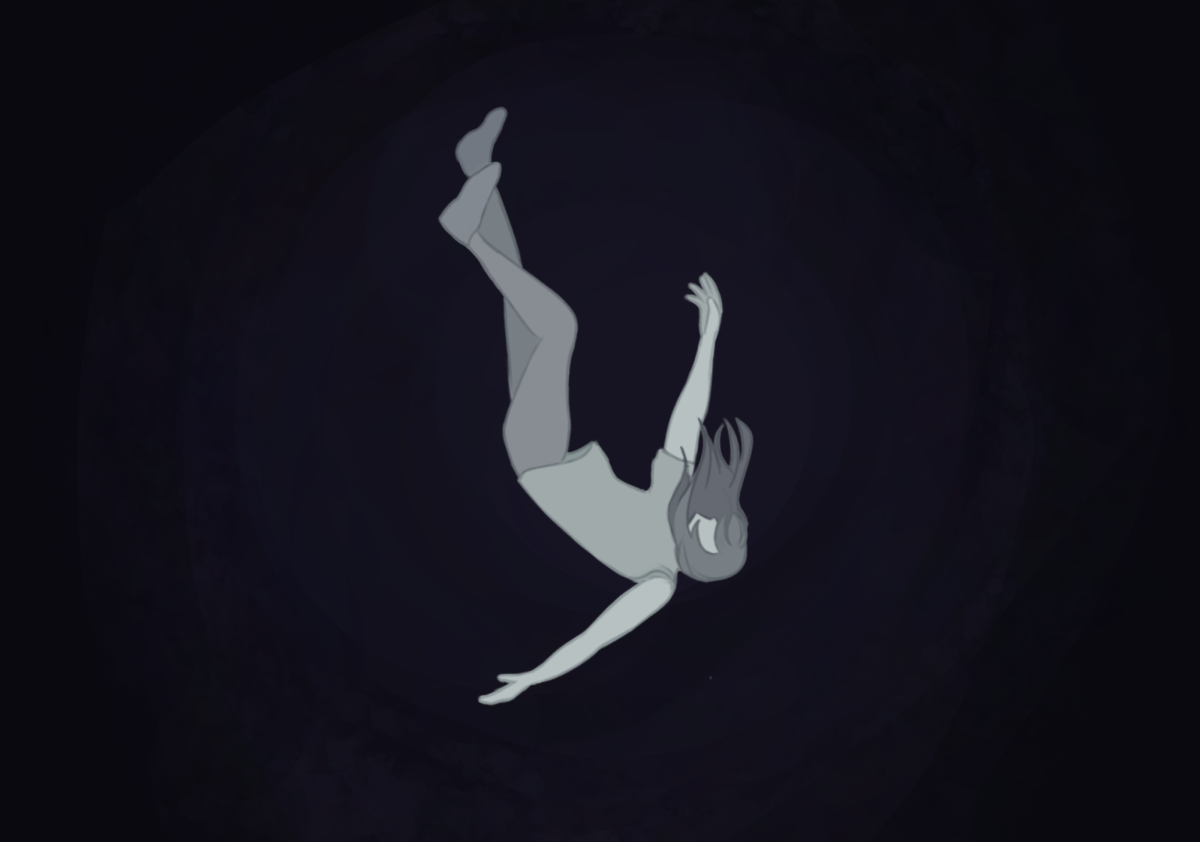Editor's Note: This list was compiled after the school's Project Cornerstone survey (that students took at the beginning of the school year) showed that a minority of the school's students read books for pleasure. The Falcon staff decided to send a reporter to aggregate a list of all the school's English teachers' favorite books and/or books they would recommend to students, and presents is as follows.
The following list is the complete version of the one that was featured in the May 30, 2014 print issue.
It has each English teacher's name, followed by his/her top 5 or more favorite books with its author and genre. A quote is also included with one or more of the teachers' listed books. Enjoy!
— Meg Battey:
◦ “East of Eden” by John Steinbeck (classic)
▪ Quote: “I’m a huge fan of Steinbeck, and I love how East of Eden chronicles a family through multiple generations, continuing a story that begins decades before the end.”
◦ “Pride and Prejudice” by Jane Austen (classic)
◦ “Moloka’i” by Alan Brennert (historical)
◦ “The Complete Collected Poems” of Maya Angelou by Maya Angelou (poetry)
◦ “The Lake of Dead Languages” by Carol Goodman (fiction)
— Carolyn Bohls:
◦ “The Road” by Cormac McCarthy (fiction)
◦ “Slouching Towards Bethlehem” by Joan Didion (fiction, essay collection)
◦ “Cat's Cradle” by Kurt Vonnegut (satire, fiction)
◦ “White Noise” by Don DeLillo (fiction)
◦ “Into the Wild” by Jon Krakauer (nonfiction)
▪ Quote: "When I was in high school, I realized — very quickly — that 'reading was the fastest way to travel.' Growing up in a very conservative Texan family as the liberal 'black sheep,' I felt as if books — like Cat’s Cradle and Into the Wild — were my only outlets, a way I could consider all these thoughts I was having."
— Erika Cobain:
◦ “All the Names” by José Saramago (fiction)
▪ Quote: “I set out to read 100 Nobel and Pulitzer Prize for Literature novels one summer and this novel climbed to the top of my favorites list so much so that I reached for his other novel, Blindness next; I loved All the Names for Saramago’s crazy protagonist and his delicious prose. Who else could write about the scent of paper molding in an old room, or a crack in the ceiling with such eloquence?”
◦ “The Life of Pi” by Yann Martel (fiction)
▪ Quote: “While the three-toed sloth might not be well informed about the outside world, readers of The Life of Pi will find themselves well informed about the inner thoughts and feelings of a tiger. Read the book first! While I agree, the movie is visually breathtaking, the ‘Hollywood’ change to Martel’s clever narrative device upset me as a reader. I love the novel’s protagonist, a religious polyglot and son of a zookeeper. The premise: ‘which is the better story?’ brings warmth to my writer’s heart.”
◦ “Young Woman and the Sea: How Trudy Ederle Conquered the English Channel and Inspired the World” by Glenn Stout (nonfiction)
▪ Quote: “As an open ocean swimmer, (12 years swimming the 2 mile pier to pier from Manhattan to Hermosa Beach, CA), I empathize with the duration and difficulty of Miss Ederle’s quest. This book is a wonderful introduction to historical non-fiction, especially for people who love the ocean and love to swim.”
◦ “Small Wonder” by Barbara Kingsolver (essay collection)
▪ Quote: “Kingsolver writes about the aftermath of the 9/11 tragedy. I gifted the book to my grandmother earlier, and discovered it on her bookshelf during our own family tragedy. Reading the short stories while spending hours in hospitals, helped buoy me through grief during the slow decline and death of my paternal grandmother. This is not a sad book, it is a collection of what wonders arise when one shifts perspective during the most difficult challenges.”
◦ “Sarah’s Key” by Tatiana de Rosnay (historical fiction)
▪ Quote: “This novel was given to me by a family friend and daughter of Holocaust survivors, Dr. Joyce Parker. The novel tells a tale of a sister’s love for her brother and one choice that alters their future forever. I connected with the younger brother and elder sister relationship as well as the monument, which I saw last summer in Paris, dedicated to the children of the Vel’ d’Hiv roundup.”
— Jason Friend:
◦ “Midnight’s Children” by Salman Rushdie (historical fiction)
◦ “The Hours” by Michael Cunningham (drama, fiction)
◦ “The Time Traveler’s Wife” by Audrey Niffenegger (romance, science fiction)
▪ Quote: “This book is proof that sometimes you can’t capture in a film what you can beautifully portray in a novel.”
◦ “Speaker for the Dead” by Orson Scott Card (science fiction)
◦ “The Poisonwood Bible” by Barbara Kingsolver (fiction)
— Cathy Head:
◦ “Jane Eyre” by Charlotte Bronte (classic)
◦ “Ender's Game” by Orson Scott Card (science fiction)
▪ Quote: “Ender's Game is a book I have offered to many non-readers in my English 9 classes (and elsewhere), and they all read it; several become pleasure readers because of it. Now that it's been made into a movie, I'm not so sure if it will work quite the same, but to anyone out there considering seeing the movie instead of reading the book–don't bother. Really. The book's fantastic, and the movie is sensationalist, incomplete, and predictable.”
◦ “The Stand” by Stephen King (horror, fantasy)
◦ Harry Potter series by JK Rowling (fantasy)
◦ “Shogun” by James Clavell (historical fiction)
▪ Quote: “Shogun may be a long book, but it's a fast read, as many of my freshmen will tell you, and it makes memorable the complex history surrounding East-meets-West. Of course, the love story is classic–dangerous, forbidden, redemptive.”
— Suzanne Herzman:
◦ “Interpreter of Maladies” by Jhumpa Lahiri (short story collection)
◦ “The Thing around your Neck” by Chimamanda Ngozi Adichie (short story collection)
▪ Quote: “Both Interpreter of Maladies by Jhumpa Lahiri and The Thing around your Neck by Chimamanda Ngozi Adichie are collections of individual short stories that work together as a unified whole. They are perfect for the Saratoga literary diet because a reader can pick up the collection as time allows and digest one story at a time. The two writers are quite different in style, yet both include these incredible golden lines that beg to be read aloud. Both collections have universal messages about the human condition, yet capture distinctive cultural perspectives. Either one is a great read for sophomores through seniors, and could fit right into the Cultural Collisions unit many sophomores study.”
◦ “One Hundred Years of Solitude” by Gabriel Garcia Marquez (fantasy)
▪ Quote: “Gabriel Garcia Marquez has been on my mind since I heard of his death last week. I haven't read One Hundred Years of Solitude recently, but I remember being dazzled.I loved being pulled into a completely different world.”
◦ “A Natural History of the Senses” by Diane Ackerman (nonfiction)
▪ Quote: “A Natural History of the Senses by Diane Ackerman was a breakthrough for me. I didn't read much non-fiction– let alone something from the Science section—before this book. I couldn't put it down.”
◦ “A Brief History of the Dead” by Kevin Brockmeier (fantasy, adventure)
◦ “Cloud Atlas” by David Mitchell (science fiction, fantasy)
◦ “A History of Love” by Nicole Krauss (fiction)
◦ “The Amazing Adventures of Kavalier and Clay” by Michael Chabon (historical fiction)
— Amy Keys:
◦ “Bleak House” by Charles Dickens (social criticism)
◦ “Black Swan Green” by David Mitchell (semi-autobiography)
◦ “Twelfth Night” by William Shakespeare (comedy play)
▪ Quote: “It’s not only my favorite Shakespeare play to teach, but also my favorite play to see. It does a really nice job of combining humor and depth — real tragedy and sadness. It’s funny, but even the humor has a dark undertone that’s real; it’s bittersweet.”
◦ “Beloved” by Toni Morrison (historical fiction)
◦ “The Jungle” by Upton Sinclair (classic)
◦ “A Raisin in the Sun” by Lorraine Hansberry (fiction)
◦ “Middlemarch” by George Eliot (fiction)
◦ “Slaughterhouse Five” by Kurt Vonnegut (satire, historical fiction)
◦ “Frankenstein” by Mary Shelley (classic)
◦ “The Confederacy of Dunces” by John Kennedy Toole (comedy)
◦ “The Lone Ranger and Tonto Fistfight in Heaven” by Sherman Alexie (short story collection)
◦ “Weep Not, Child” by Ngugi wa Thiong’o (historical)
— Michael Kim:
◦ “High Fidelity” by Nick Hornby (fiction)
◦ “The Scarlet Letter” by Nathaniel Hawthorne (classic)
◦ “The Beach” by Alex Garland (fiction)
◦ “Lolita” by Vladimir Nabokov (romance)
◦ “Trainspotting” by Irvine Welsh (short story collection)
▪ Quote: “I like how some of these books mix interests such as travel and pop culture with great writing.”
— Ken Nguyen:
◦ “Boy's Life” by Robert McCammon (mystery)
◦ “The Plague” by Albert Camus (fiction)
◦ “Invisible Man” by Ralph Ellison (fiction)
▪ Quote: “Invisible Man is a tour de force of an American novel, exploring the problem of race and racism in America in a way that few novels have done up to and since its publication. The novel is at times darkly funny, brutally grim, and tragic–but elevated by prose akin to a virtuoso jazz musician, prose that is simultaneously controlled and improvisational, prose that sings.”
◦ The Dark Tower series by Stephen King
◦ “1984” by George Orwell
— Erick Rector:
◦ “Inferno” by Dante Alighieri (epic poem)
◦ “The Picture of Dorian Gray” by Oscar Wilde (fiction)
◦ “The World According to Garp” by John Irving (fiction)
◦ “The Omnivore’s Dilemma: A Natural History of Four Meals” by Michael Pollan (nonfiction)
◦ “Dubliners” by James Joyce (short story collection)
▪ Quote: “Joyce will make you feel fancy, Wilde will make you fancy. To hell with Dante!” (the last part is a pun)
— Natasha Ritchie:
◦ “Dance with Dragons” by George R R Martin (fantasy)
▪ Quote: “Dance with Dragons is mind-blowing. I have read all the Song of Fire and Ice books (this is the third one in the series), but this one is by far the best. It has incredible and shocking plot elements, great writing, every kind of character, and it completely sucks you in. At this point, I'm on the edge of my seat waiting for the next book in the series to come out.”
◦ “Lord of the Rings” by J.J. Tolkien (fantasy)
◦ “Princess Bride” by William Goldman (fantasy)
▪ Quote: “The Princess Bride is light and fun, it's an adventure/love story with humor and elements of fantasy intertwined. It takes you along for the ride and keeps you entertained.”
◦ “Absolutely True Diary of a Part Time Indian” by Sherman Alexie (young adult fiction)
◦ “Bossypants” by Tina Fey (autobiography, comedy)
— Sarah Thermond:
◦ “Crime and Punishment” by Fyodor Dostoyevsky (classic)
▪ Quote: “I read it for a college class and it was one of the only college textbooks that I was so into that I read it under my desk in other classes.”
◦ “Truth About Forever” by Sarah Dessen (young adult fiction)
◦ The Sevenwaters Trilogy by Juliet Marillier (historical fantasy)
◦ “Girl with the Pearl Earring” by Tracy Chevalier (historical fiction)
◦ “The North Pool” by Rajiv Joseph (play)
for even more books, see http://saratogahighlibrary.weebly.com/uploads/9/7/5/2/9752060/pleasure_reading_bibliography.pdf


